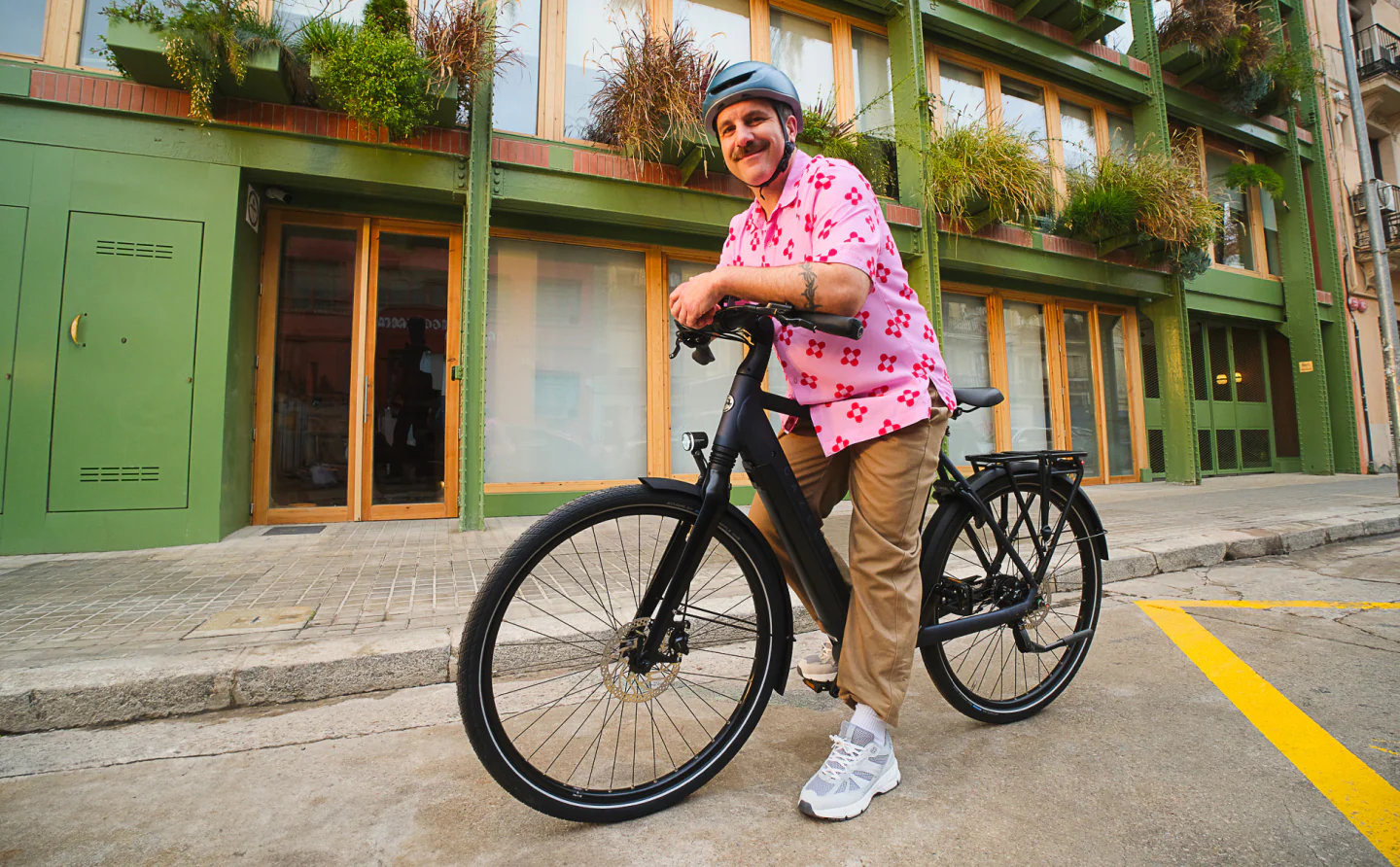As evidence mounts on the potential health dangers of microplastics, more research is becoming available to understand the risks better and protect ourselves.
What's happening?
A recent study by the University of Technology Sydney modeled how we inhale different microplastics and found our noses and lungs are "hot spots" for accumulation, potentially increasing our risk for respiratory illnesses. How fast we breathe and the size of the microplastics we inhale will also affect our health differently, as Technology Networks reported.
"Experimental evidence has strongly suggested that these plastic particles amplify human susceptibility to a spectrum of lung disorders, including chronic obstructive pulmonary disease, fibrosis, dyspnea (shortness of breath), asthma, and the formation of what are called frosted glass nodules," Dr. Suvash Saha, lead researcher of the study, said in a university news release.
The study noted that air pollution containing plastic particles was the second-most-likely way to be exposed, with beauty and personal care products like toothpaste bottles being the primary exposure method.
Why are microplastics concerning?
Microplastics are tiny pieces of plastic, similar in size to a grain of sand, that do not break down organically in the environment. They are now being found everywhere on Earth, deep in the ocean and even in the air of the most remote places.
Every breath we take and every bite we eat could expose us to microplastics. Research shows that the average person eats, drinks, and breathes between 78,000 and 211,000 microplastic particles every year, per Statista.
Watch now: Take a peek inside Alex Honnold's new solar-powered van
We're still figuring out how microplastics affect human health, but it's not looking good. Researchers believe they might be causing severe health problems, like cancer, mental health issues, and even in male reproductive organs, signaling a potentially serious problem for future generations.
What is being done to combat microplastics?
Many community-driven initiatives are fighting plastic pollution, like 4Oceans, which helps remove plastic waste from the ocean by selling recycled bracelets.
Extraordinary tech developments are also happening to combat the microplastic dilemma. Researchers have developed a way to remove currently undetectable microplastics from water. Even certain probiotics can help reduce the toxic effects and inflammation microplastics can cause in our guts.
You have the power to make a difference right now. By changing how you use plastic — even taking steps to eliminate it entirely — you can significantly reduce your exposure and protect your health.
TCD Picks » Upway Spotlight

Join our free newsletter for weekly updates on the coolest innovations improving our lives and saving our planet.














